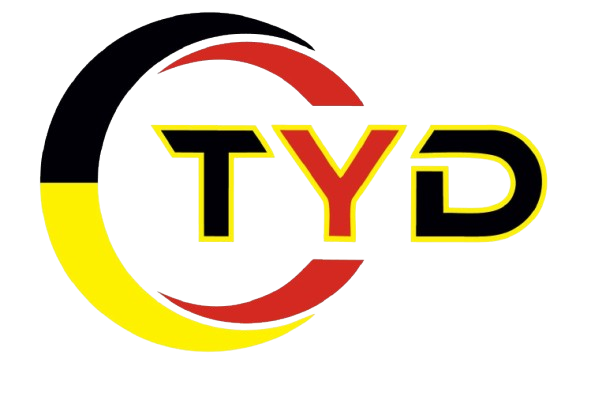Food Licence (FSSAI Registration & Licensing)
In India, anyone involved in the manufacture, storage, distribution, sale, or serving of food products must obtain a Food Licence issued by the Food Safety and Standards Authority of India (FSSAI).
It ensures that food businesses follow hygiene, safety, and quality standards.
Types of Food Licences
Basic Registration
For small businesses with turnover up to ₹12 lakh/year
Example: small vendors, petty retailers, hawkers, temporary stalls
State Licence
For medium-sized businesses with turnover between ₹12 lakh – ₹20 crore/year
Example: small/medium restaurants, food product manufacturers, distributors
Central Licence
For large businesses with turnover above ₹20 crore/year or businesses operating in more than one state
Example: large manufacturers, importers/exporters, big chains like hotels & restaurants
Documents Required for Food Licence
Passport-size photo of applicant
Identity & address proof (Aadhar, PAN, Voter ID, Passport)
Business address proof (electricity bill, rental agreement, NOC from landlord)
Food product details & business plan
Incorporation documents (Partnership Deed/MOA/AOA, if company/firm)
Proof of turnover (for State/Central licence)
Import/Export Code (for import/export of food products)
NOC from Municipality/Local Authority
Food Safety Management Plan (for large units)
Validity & Renewal
Licence is valid from 1 to 5 years (as chosen)
Renewal must be applied 30 days before expiry
Late renewal attracts penalty of ₹100/day
Benefits of FSSAI Licence
Builds trust & credibility with consumers
Mandatory for restaurants, cloud kitchens, manufacturers, caterers, food trucks
Helps in business expansion (retailers & e-commerce require FSSAI licence)
Avoids penalties & legal actions under FSSAI Act
Penalties for Non-Compliance
₹5 lakh fine for operating without licence
Closure of business by authorities
Criminal liability in case of food safety violations


